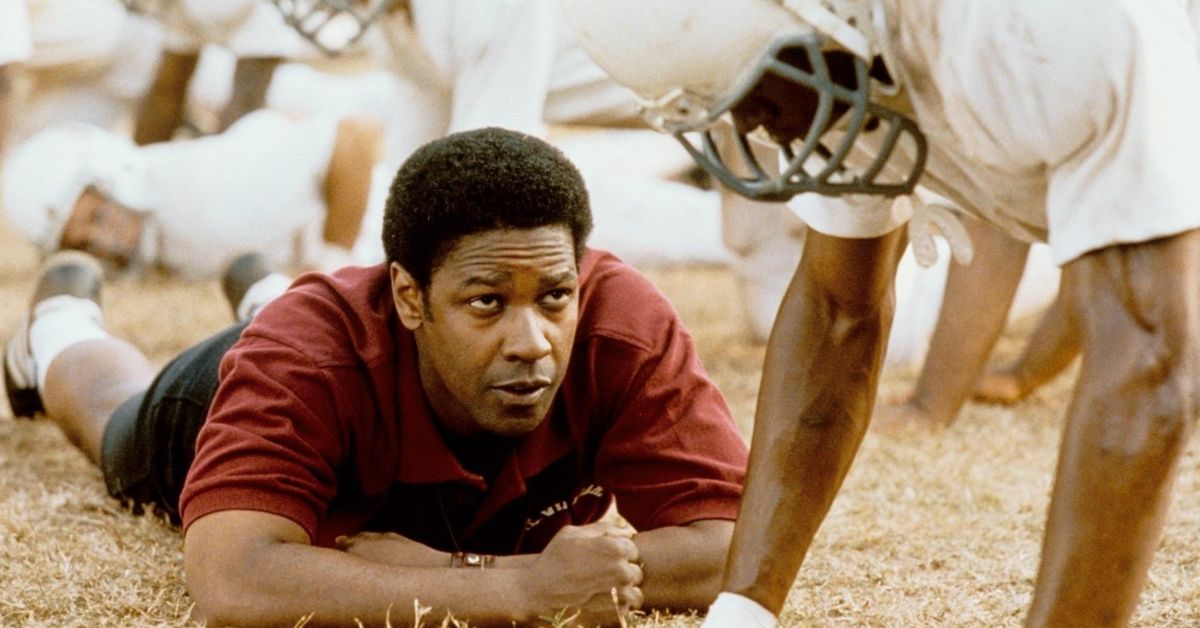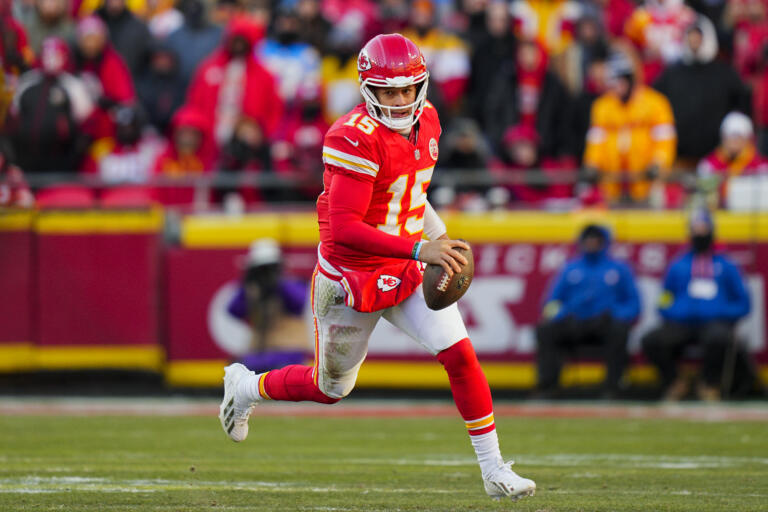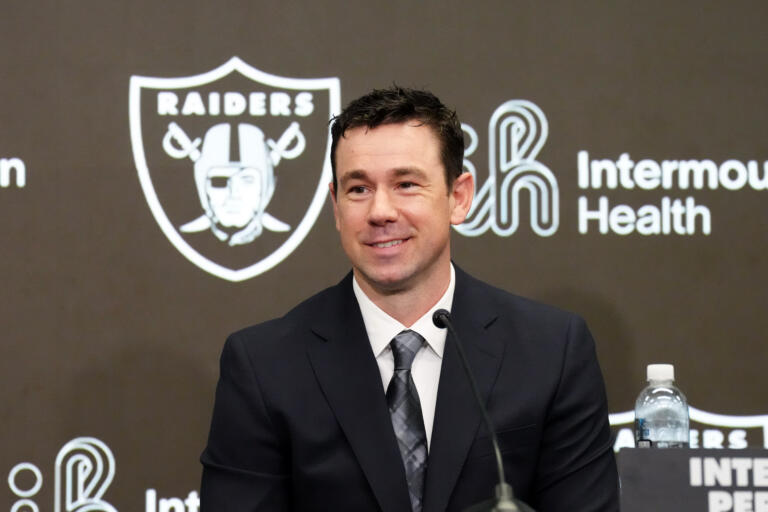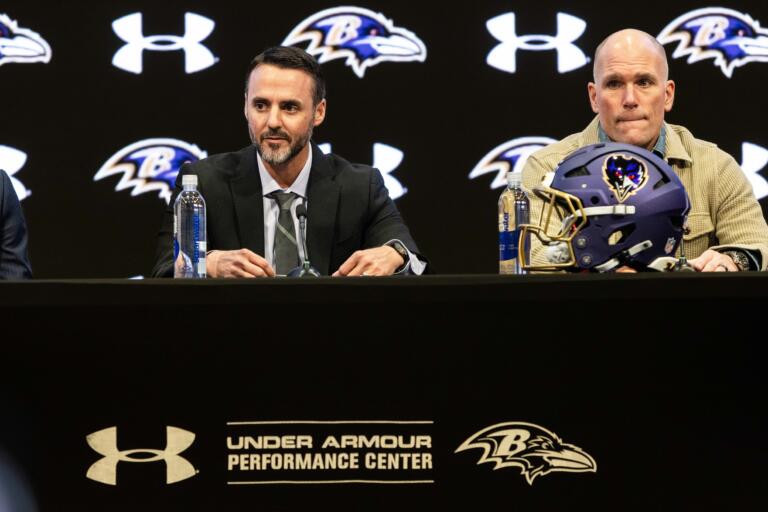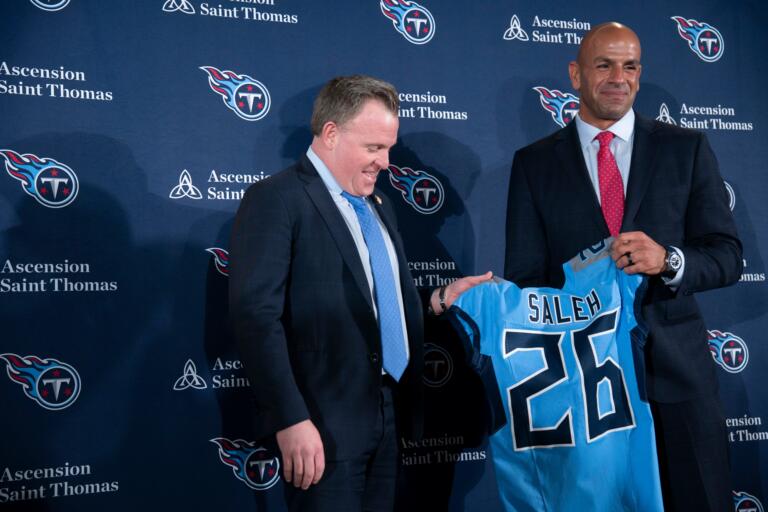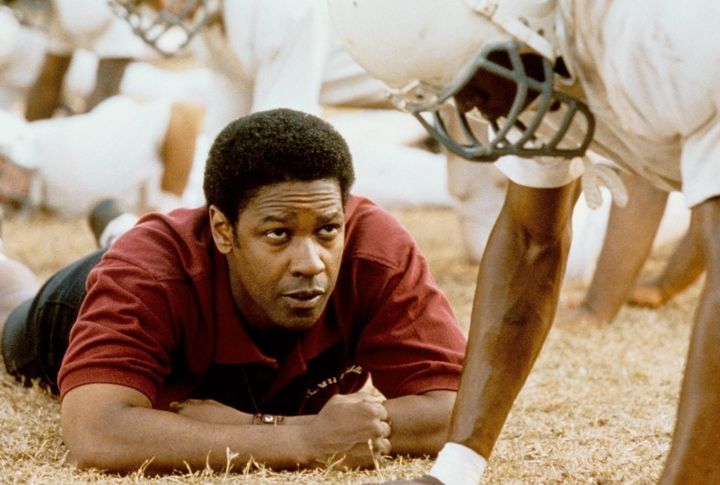
Sports films aren’t just about the game—they’re about the moments that redefine competition, community, and the human spirit. There are some movies that challenge how we think about sports by offering fresh perspectives on triumphand the meaning behind the scoreboard. Here are the top ten cinematic masterpieces on sports.
Rocky (1976)

The story of a small-time boxer rising to challenge the heavyweight champion became a defining moment in sports cinema. Rocky Balboa’s journey was about a celebration of heart, determination, and the pursuit of a dream. With memorable training montages and the legendary run up the Philadelphia steps, the film changed how sports stories are told.
Raging Bull (1980)
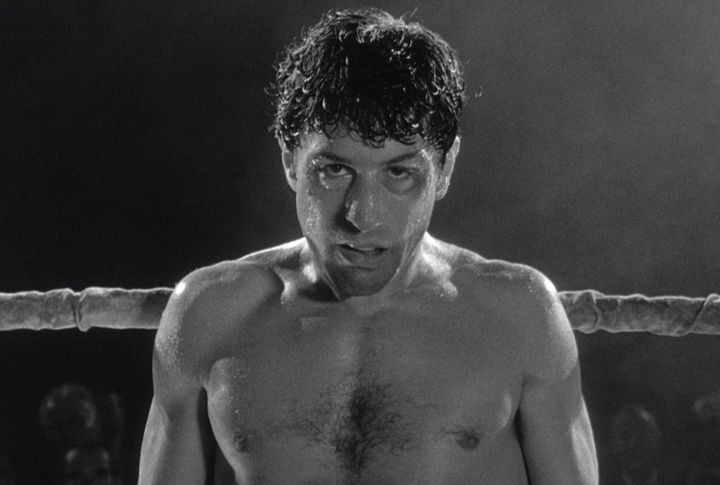
Martin Scorsese’s unflinching portrait of Jake LaMotta, played by Robert De Niro, proved that sports movies can be cinematic art. Featuring stark black-and-white visuals and raw exploration of LaMotta’s self-destruction, Raging Bull shifted the sports genre from tales of victory to complex character studies and earned its place in history.
The Karate Kid (1984)
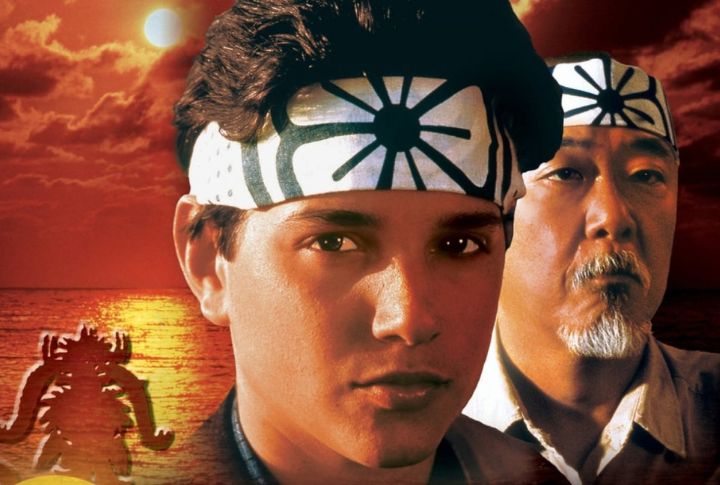
Before The Karate Kid, martial arts pieces were often action-heavy and lacked emotional depth. But this one changed that by framing Karate as a vehicle for discipline and self-respect. Mr. Miyagi’s patient mentorship and Daniel LaRusso’s journey from bullied teen to champion showed how sports can improve the powerless.
Hoosiers (1986)
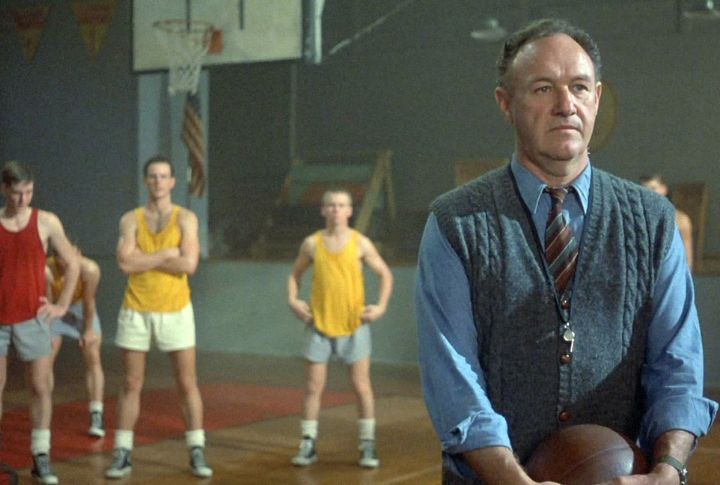
This small-town Indiana basketball story made sports feel personal. Gene Hackman’s role as a coach who was given a second chance mirrored the underdog team’s journey to the state championship. By focusing on relationships, discipline, and trust, Hoosiers showed that sports movies could tap into deeper emotional territory.
Field of Dreams (1989)
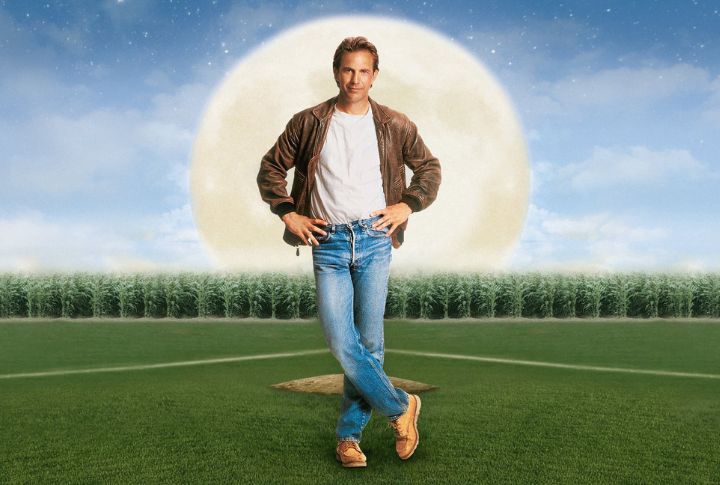
Field of Dreams turned baseball into a metaphor for connection and redemption. The legendary line, “If you build it, he will come,” inspires Kevin Costner’s character to build a baseball diamond in his cornfield. This film fused the game with spirituality and proved that the game’s real magic lies in its ability to unite generations.
A League of Their Own (1992)
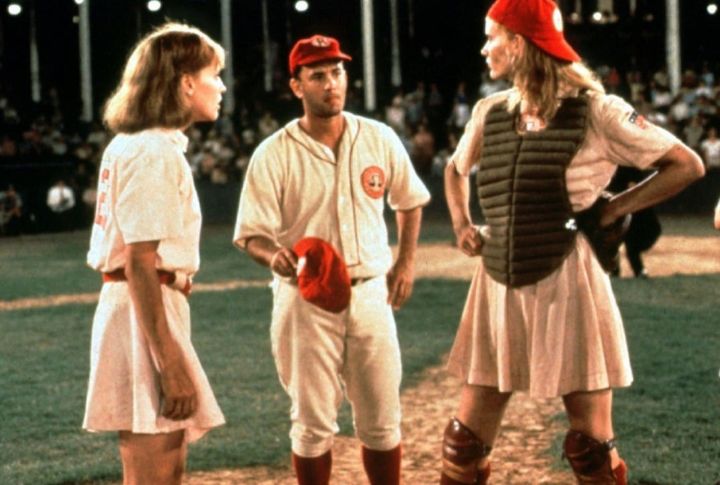
Women’s sports had rarely taken center stage in cinema before A League of Their Own. Set during WWII, the movie chronicled the All-American Girls Professional Baseball League. With Tom Hanks, Geena Davis, and Madonna leading the cast, it highlighted the challenges and triumphs of women breaking into professional sports and challenging societal norms.
Remember the Titans (2000)
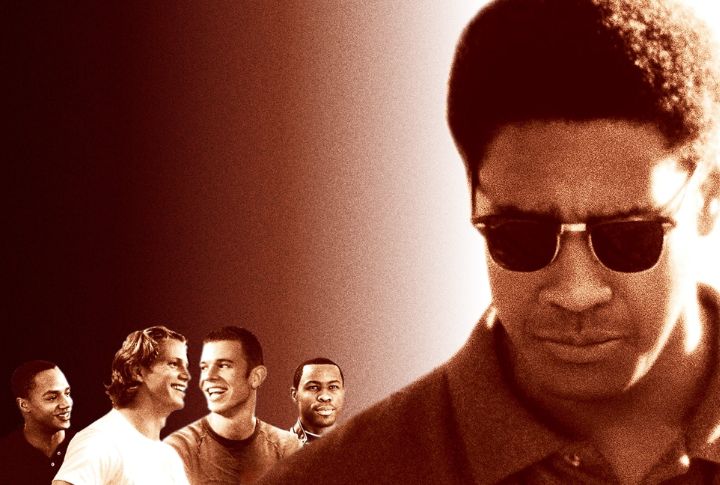
Games have always reflected society’s struggles, and this film brought race-related integration into the spotlight. Remember the Titans is another hit, which is inspired by a true story, where they used football as a stage for teamwork and unity in 1970s Virginia. As Denzel Washington led the cast, it delivered a powerful message about breaking barriers on and off the field.
Miracle (2004)
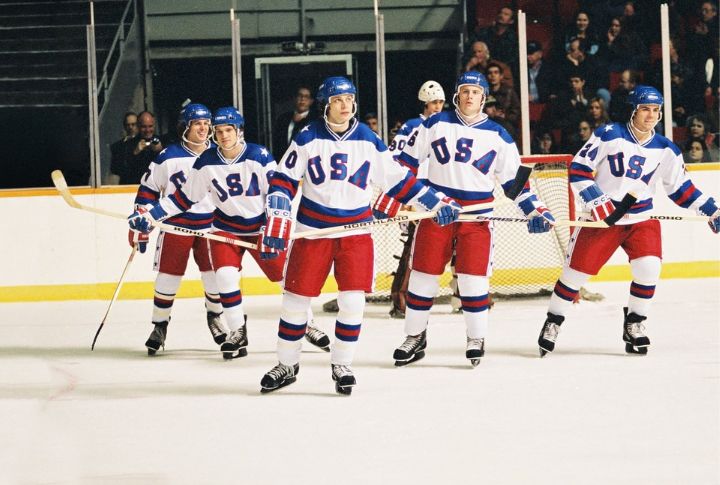
The story of the 1980 US hockey team’s stunning Olympic victory over the Soviet Union is more about a patriotic triumph than an Olympic win. Kurt Russell’s role as coach Herb Brooks brought depth to the tale by capturing the team’s grueling preparation and the pressure of uniting a nation during the Cold War.
The Blind Side (2009)
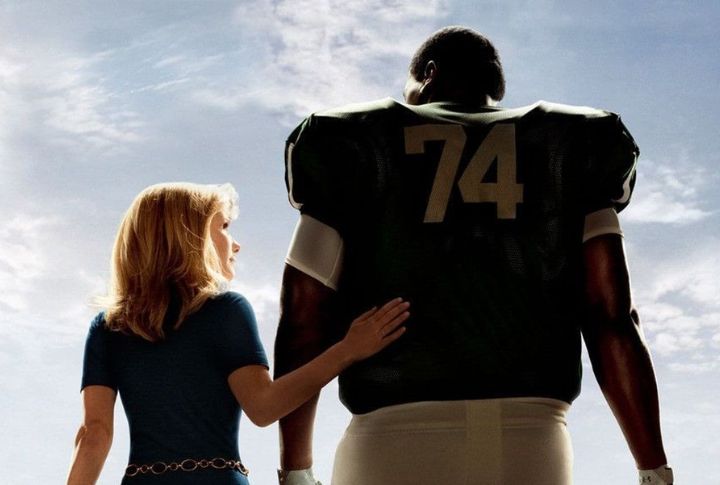
Sandra Bullock’s Oscar-winning performance brought the real-life story of NFL player Michael Oher to the forefront. The film focused on the power of compassion and opportunity, and it reframed the game as a tool for personal transformation. It reminded audiences that sports can be a vehicle for social change and individual growth.
Moneyball (2011)
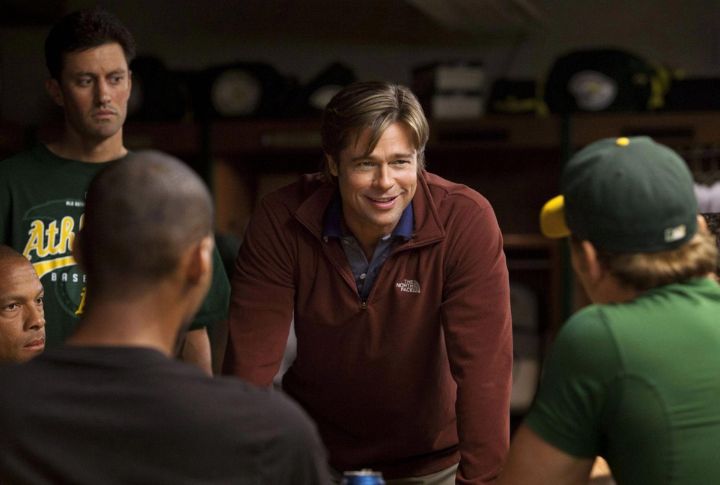
Moneyball revolutionized how we view strategy in sports. By telling the story of Oakland A’s general manager, Billy Beane, played by Brad Pitt, the film brought sabermetrics into the spotlight. It wasn’t just about winning games—it was about questioning tradition and showing how data could level the playing field in baseball.


